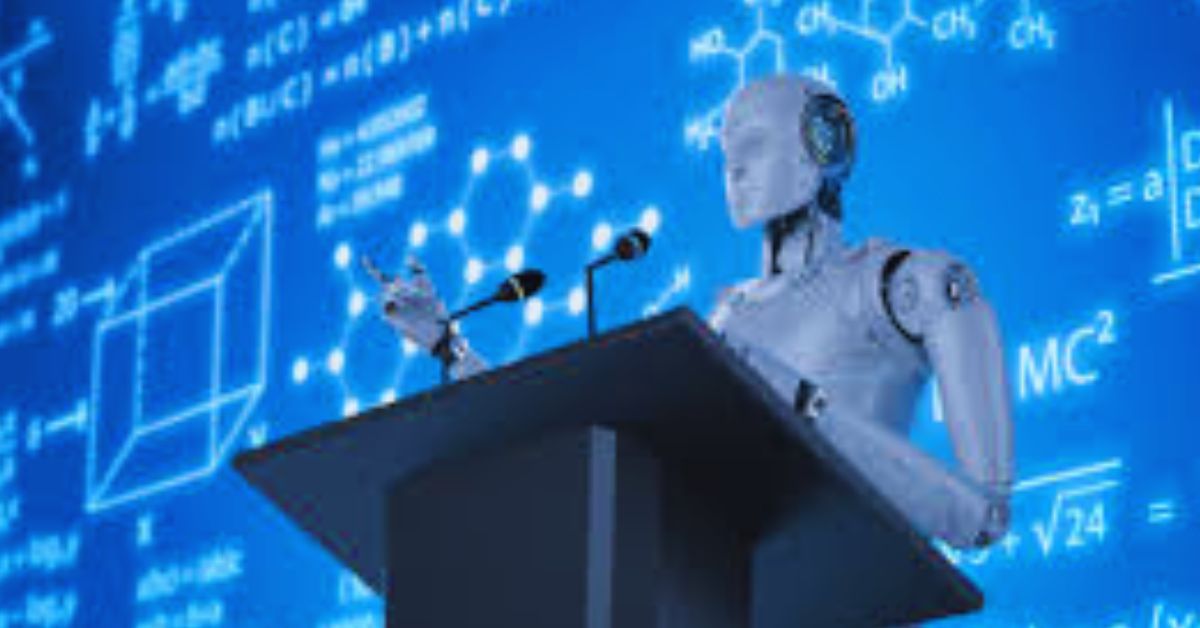Technology has always played a vital role in shaping education, but with the rise of Artificial Intelligence (AI), learning is undergoing a dramatic transformation. AI-powered smart learning tools are personalizing education, improving accessibility, and making learning more engaging and efficient. This article explores how AI is revolutionizing education and what the future holds for smart learning tools.
1. Personalized Learning: Tailoring Education to Individual Needs
Traditional classrooms follow a one-size-fits-all approach, which often fails to meet the unique needs of each student. AI-driven adaptive learning systems analyze students’ strengths, weaknesses, and learning styles to provide personalized study plans. These tools adjust the pace and content of lessons, ensuring students grasp concepts effectively.
Popular AI-driven platforms like DreamBox, Carnegie Learning, and Knewton use real-time data to adapt coursework based on a learner’s progress, making education more efficient and enjoyable.
2. Intelligent Tutoring Systems: The Future of Student Assistance
AI-powered Intelligent Tutoring Systems (ITS) act as virtual tutors, guiding students through complex subjects. Unlike human tutors, these AI systems are available 24/7, offering instant feedback and explanations.
For instance, Socratic by Google and MATHia use AI to help students solve problems step-by-step, enhancing their understanding of difficult concepts. These tools help bridge learning gaps and provide students with customized assistance without requiring a human tutor.
3. AI in Automated Grading and Feedback
Teachers spend countless hours grading assignments and providing feedback. AI-powered grading tools like Gradescope and Turnitin automate this process, saving educators valuable time. AI can assess multiple-choice tests, analyze essays for plagiarism, and even provide constructive feedback to help students improve.
Additionally, AI-based writing assistants such as Grammarly and Quillbot help students refine their writing by offering grammar corrections, tone suggestions, and vocabulary enhancements.
4. AI-Enhanced Language Learning
AI is transforming language education by making it more interactive and immersive. Language-learning apps like Duolingo, Babbel, and Rosetta Stone use AI to tailor lessons based on the learner’s progress.
Additionally, speech recognition AI enables real-time pronunciation feedback, helping learners improve their fluency. AI-driven chatbots also provide conversational practice, making language learning more dynamic and engaging.
5. Virtual Classrooms and AI-Powered Educational Chatbots
With the rise of online education, AI is playing a crucial role in creating smart virtual classrooms. AI-powered chatbots like Jill Watson (developed by Georgia Tech) assist students by answering questions, providing study material, and offering reminders for assignments.
These AI-driven virtual assistants help reduce the burden on educators by managing administrative tasks, allowing teachers to focus on interactive and high-quality instruction.
6. AI for Students with Special Needs
AI is making education more inclusive by offering tailored solutions for students with learning disabilities or special needs. Speech-to-text applications, text-to-speech readers, and AI-powered assistive tools help students with dyslexia, ADHD, and visual impairments.
For instance, Microsoft’s Seeing AI and Google’s Live Transcribe assist students with disabilities by providing real-time captions and descriptions, ensuring they have equal access to education.
7. AI in Career Guidance and Skill Development
AI is not just enhancing classroom learning but also helping students prepare for the future. AI-driven career counseling tools analyze students’ interests, strengths, and market trends to suggest suitable career paths.
Platforms like Pymetrics and LinkedIn Learning use AI to offer career recommendations, skill-building courses, and job-matching services, helping students make informed decisions about their future.
The Future of AI in Education
As AI continues to evolve, its role in education will expand even further. We can expect AI-driven virtual reality classrooms, hyper-personalized learning paths, and even AI-assisted creativity tools that foster innovation in students.
However, while AI brings numerous benefits, it should complement human educators, not replace them. Teachers provide emotional support, critical thinking guidance, and mentorship that AI cannot replicate. The key is to use AI as a powerful ally in education, ensuring a balanced and effective learning experience.
Final Thoughts
AI is undeniably transforming education by making learning more personalized, accessible, and engaging. From intelligent tutoring systems to AI-powered grading, smart learning tools are reshaping the way students and teachers interact with education.
As AI technology continues to advance, embracing it wisely will lead to a more efficient and inclusive educational future. Whether you’re a student, educator, or parent, now is the time to explore how AI-powered learning can enhance your educational journey.
